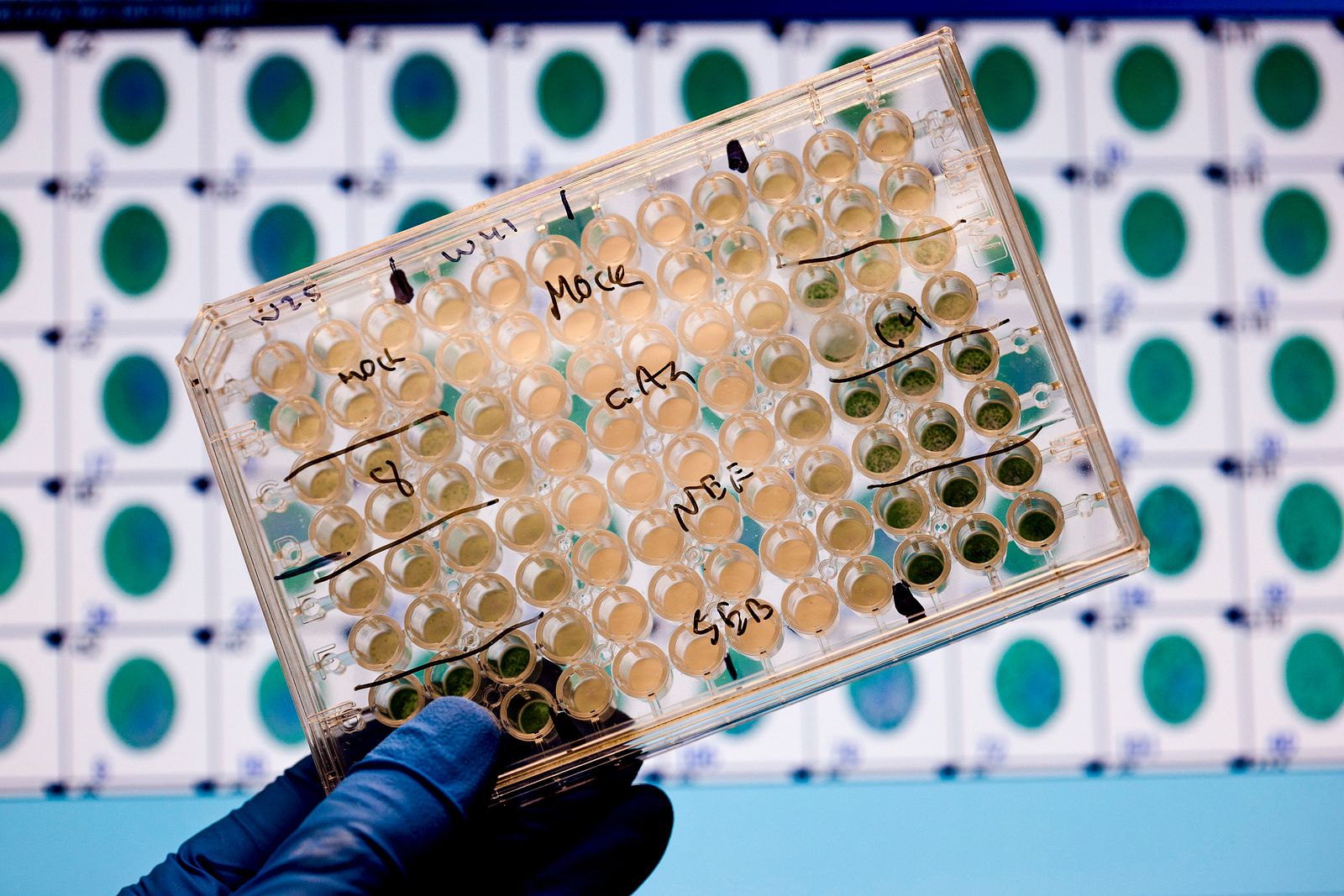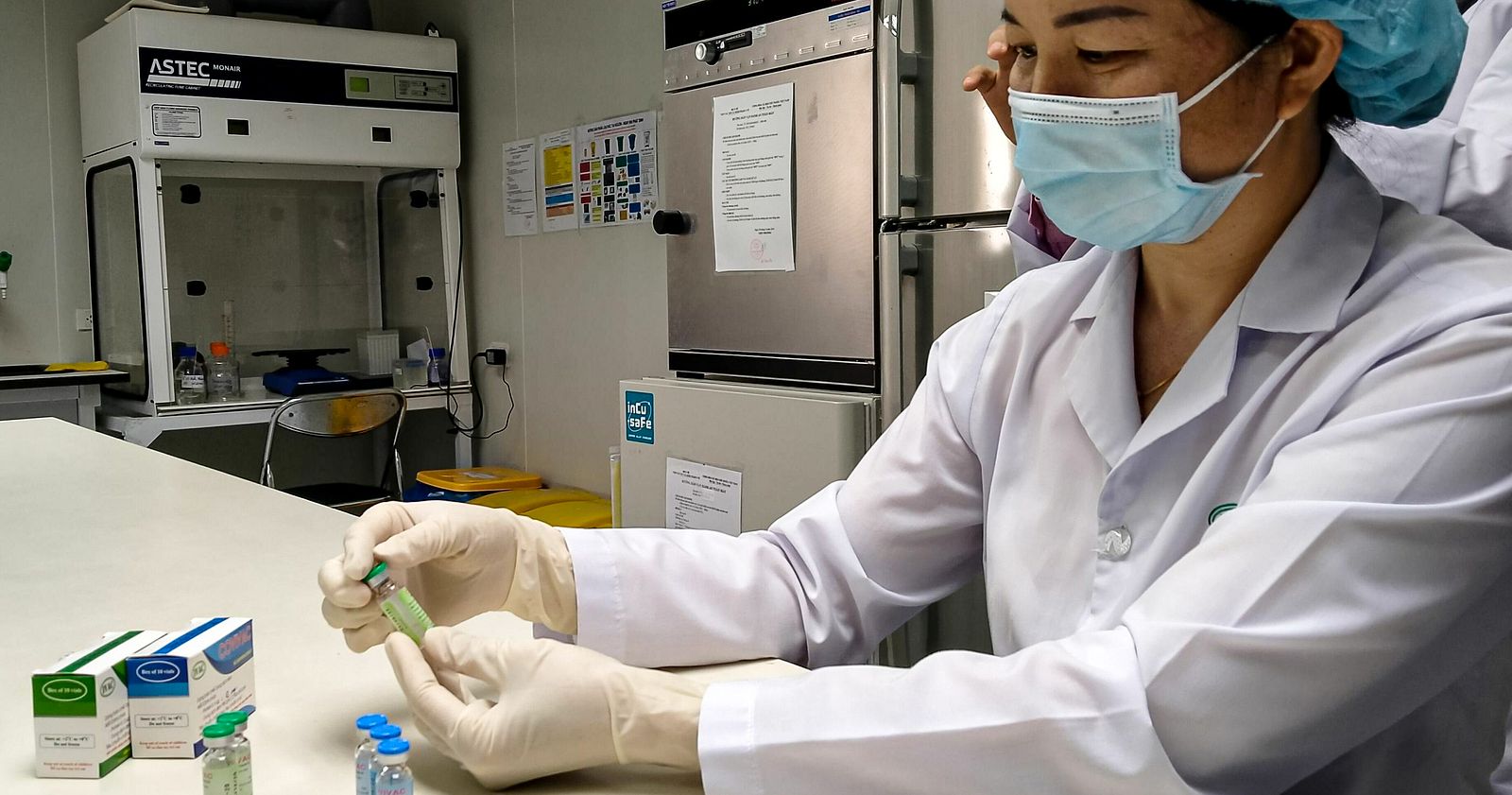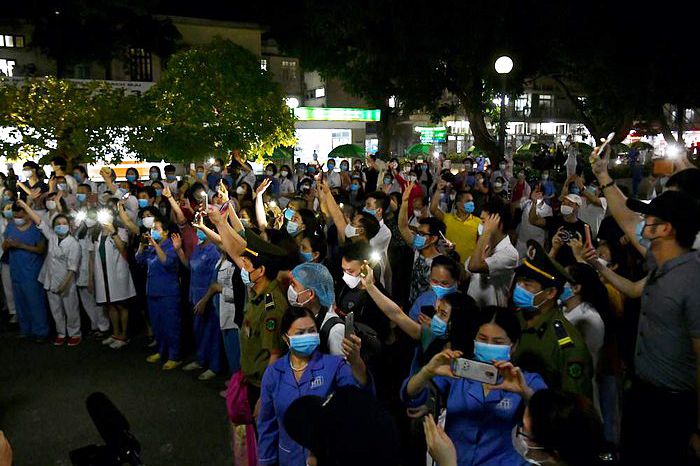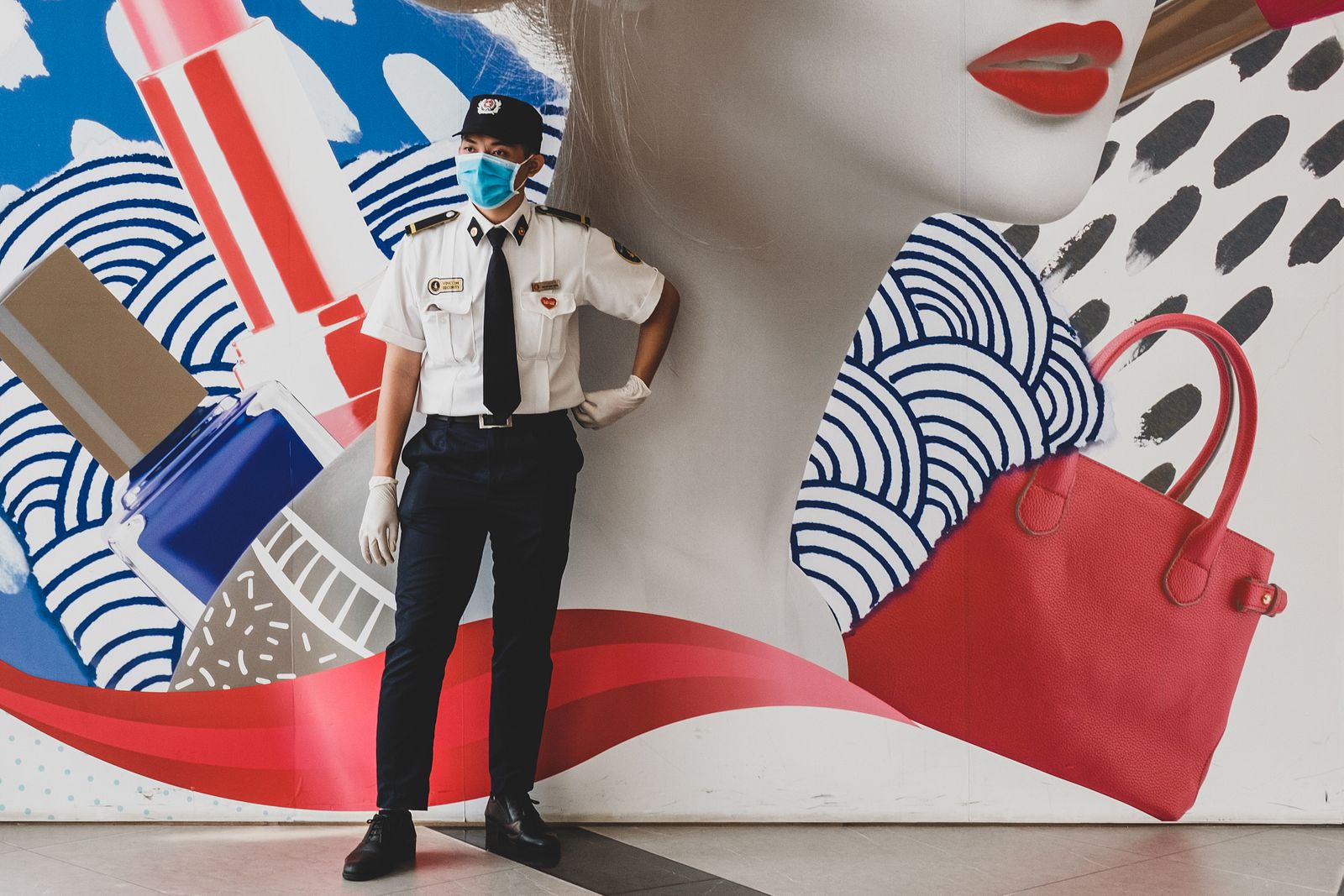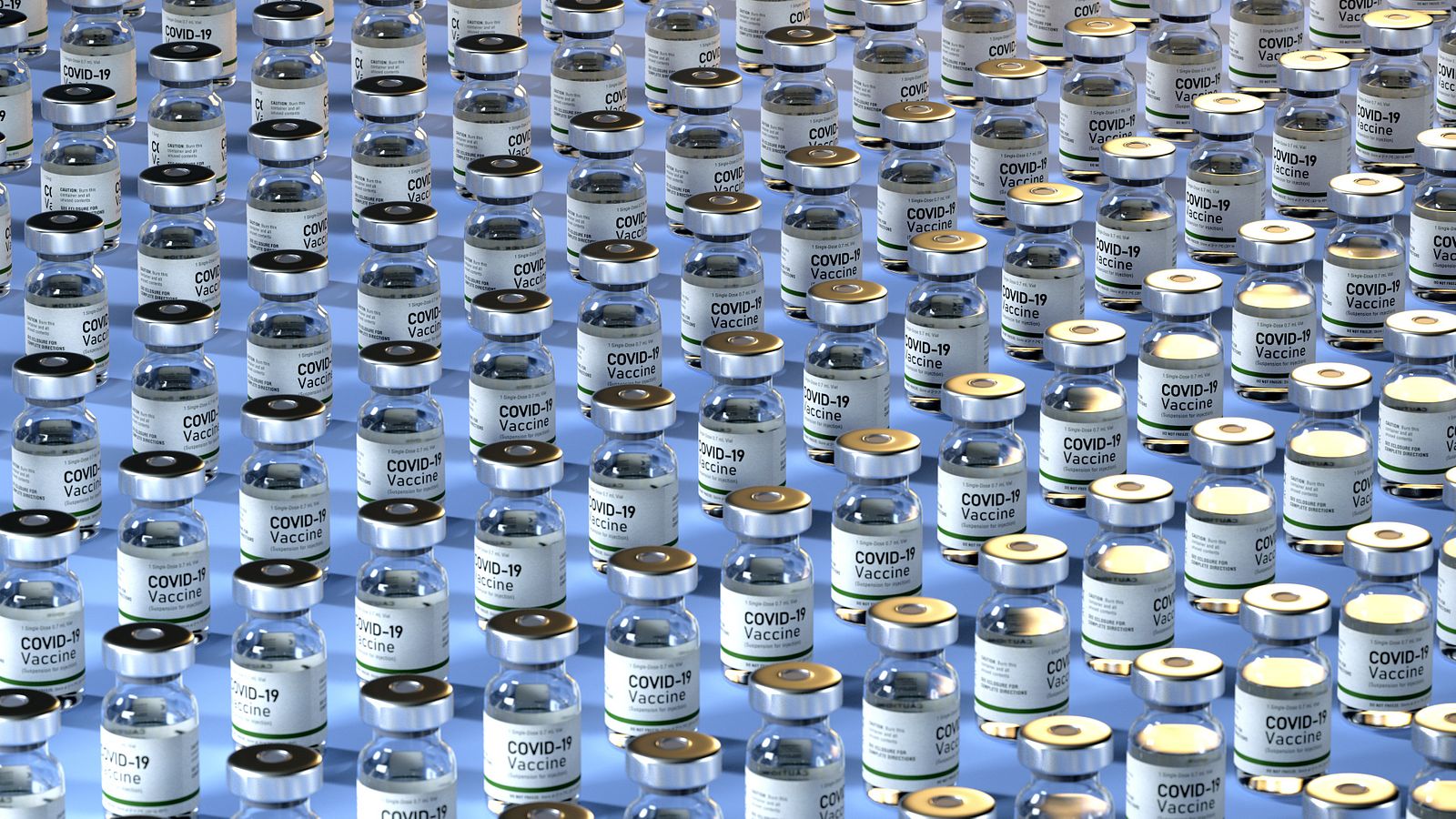Vietnam’s COVID-19 vaccine project is going smoothly, though it will take a number of months before a useable product is actualized.
The National Institute of Hygiene and Epidemiology of Vietnam announced that it would assess the blood samples of 50 mice that entered the trial for the COVID-19 vaccine back in April to determine the success level of the tests, reports VnExpress.
The vaccine project is being undertaken by VABIOTECH, a state-owned enterprise under the national institute. On April 26, scientists at the lab injected a candidate vaccine against COVID-19 into 50 mice. In early May, Dr. Do Tuan Dat, director of VABIOTECH, confirmed with Tuoi Tre that the critters were still alive and healthy after 14 days, a good sign pointing to the vaccine’s safety.
The candidate vaccine was made from a non-pathogenic strain of coronavirus with the unique antigens of 2019-nCoV. Antigens are organic molecules on the surface of a pathogen, the novel coronavirus in this case, that can trigger the human body's immune response. Exposure to the antigens in the vaccine will train the body to recognize the virus and produce appropriate antibodies when infected with actual viruses.
“Because this is a trial period, we injected them [the mice] with varying doses in a few ways,” Dat explained in Vietnamese. “Some mice got one or two shots, with dosage ranging from 3 to 10 micrograms each shot.”
According to the plan, the lab will work on fine-tuning the right dosage at the end of May on 30 additional lab mice. Still, a working vaccine, Dat said, won't be available for at least 12 to 18 months.
The project is a collaborative effort between VABIOTECH and the UK’s University of Bristol. Vietnam currently has four organizations working on developing vaccines for COVID-19, and VABIOTECH was the first to test their candidate vaccine on mice.
Experts at the lab in Vietnam started working on a vaccine in January in collaboration with the University of Bristol after the complete genome sequence of 2019-nCoV was published by Chinese scientists.
[Photo via Flickr user AIDSVaccine]

